The infrables are a creative practice to turn anecdotes of infrastructural shifts, into stories and fables. In this way, they narrate negative use-cases and un-fixing bug reports as a solidary praxis. They are collective articulations of what extractive digital infrastructures are, and what they are doing. Infrables identify oppressive infrastructures or tools, but they crucially incite re-imaginations of other infrastructural realities. What infrables can we tell to take-down cloud narratives and undo their violences?
 Alex Leray performing an Infrable at Counter-Narratives, May 2022.
Alex Leray performing an Infrable at Counter-Narratives, May 2022.
 A visual Infrable drawn at Counter-Narratives, May 2022.
A visual Infrable drawn at Counter-Narratives, May 2022.
Two texts have been performed at the Tangible Cloud exhibition, by Stevie Ango and Clyde Lepage. Here are sound recordings of the performances:
 Clyde Lepage performing at the Tangible Cloud Exhibition, March 2023.
Clyde Lepage performing at the Tangible Cloud Exhibition, March 2023.
Infrables Posters
In the Tangible Cloud exhibition, multiple posters with quotes from the Infrables were made by Romain Marula. Download all the posters in pdf format.
 Infrables posters, design by Romain Marula, Tangible Cloud Exhibition, March 2023.
Infrables posters, design by Romain Marula, Tangible Cloud Exhibition, March 2023.
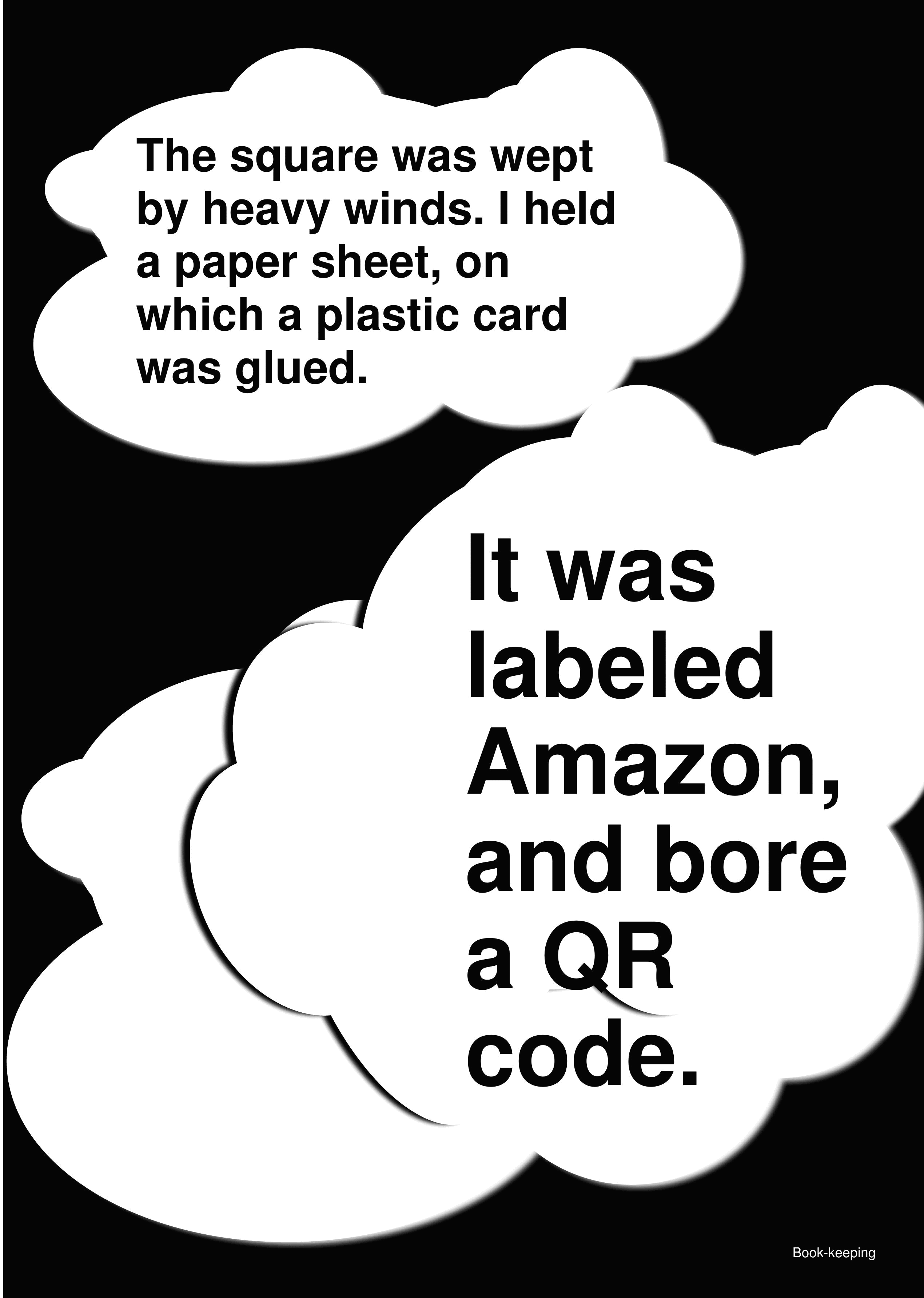
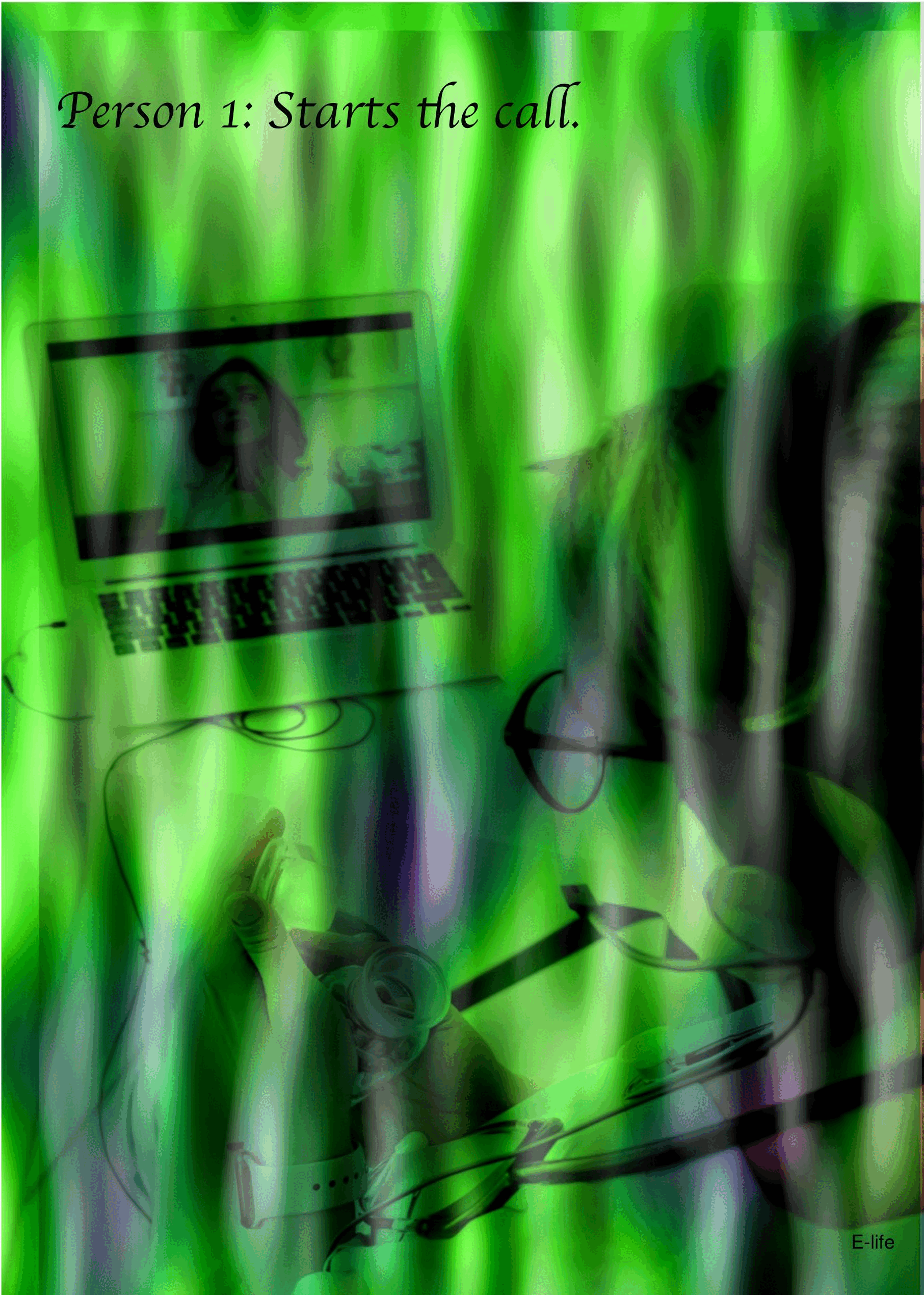
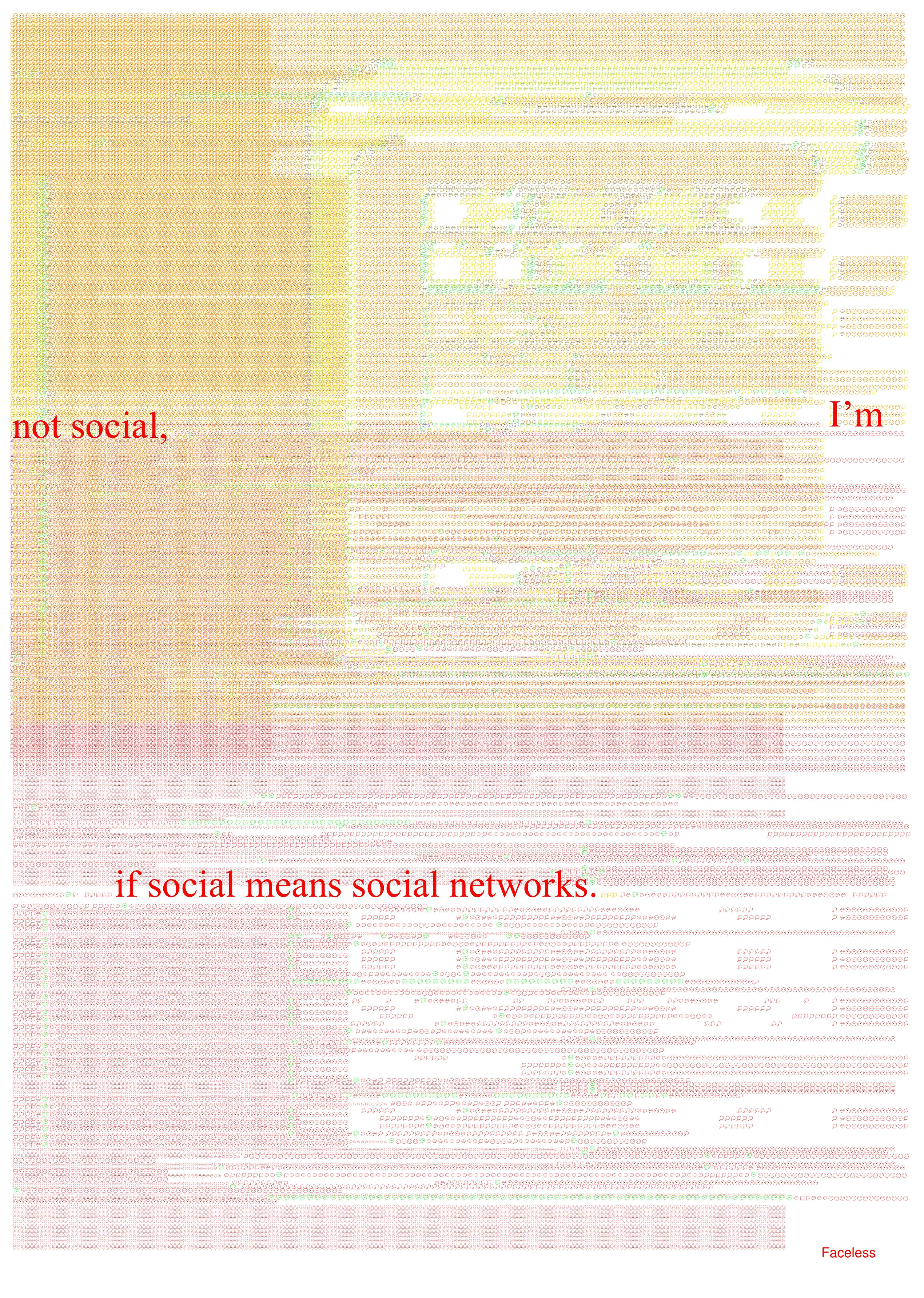
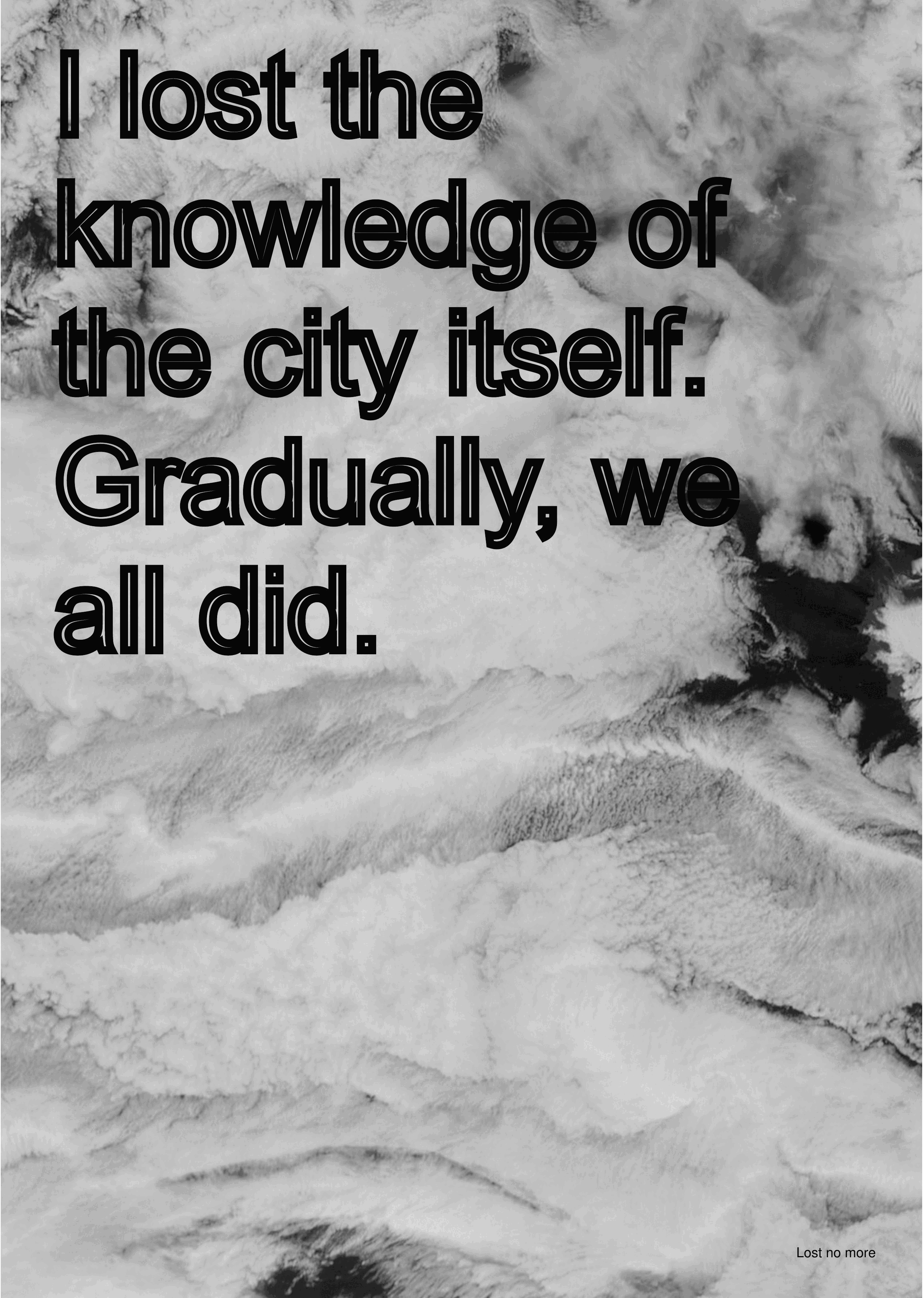
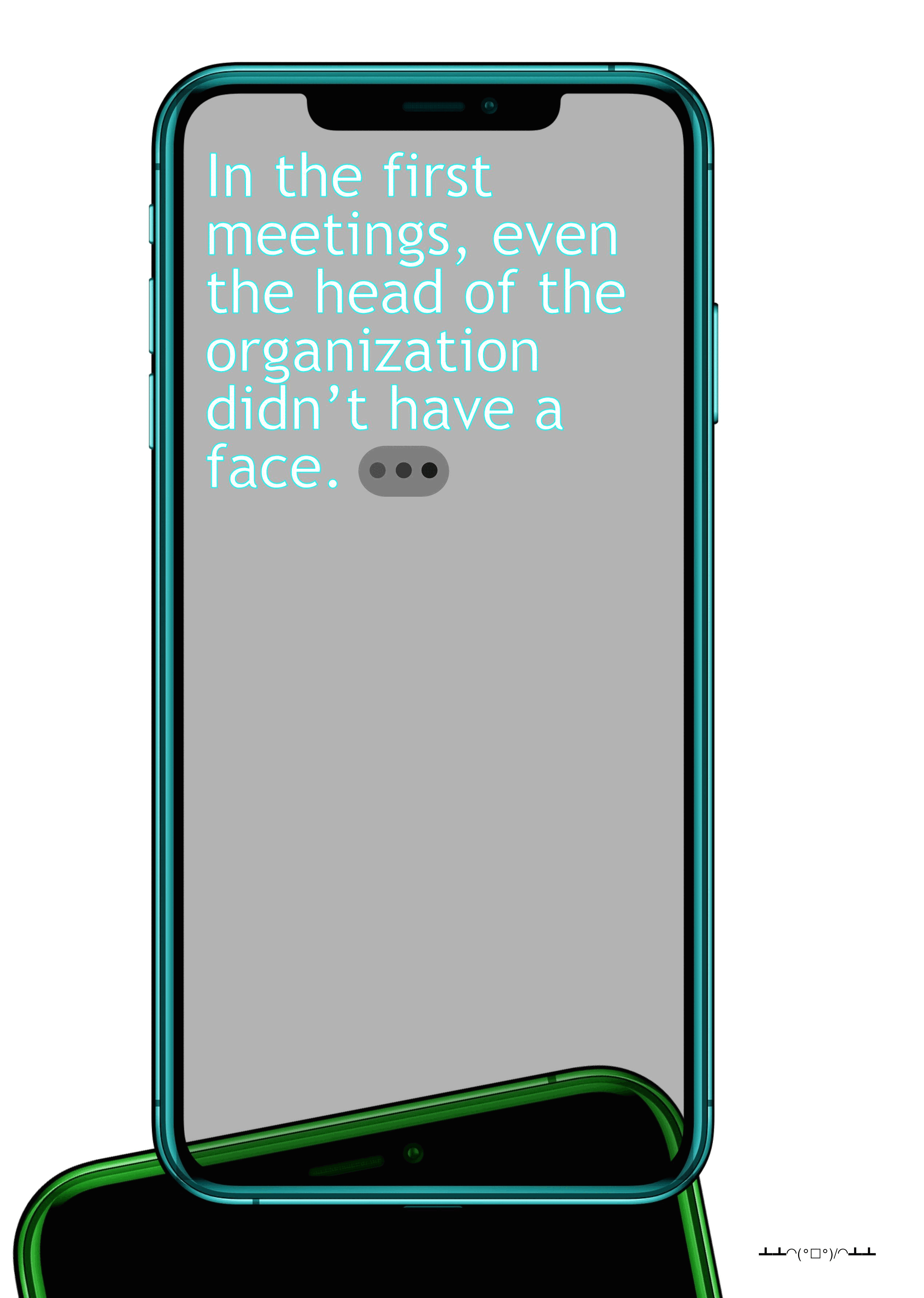 Infrables posters, design by Romain Marula, March 2023.
Infrables posters, design by Romain Marula, March 2023.
About TITiPI
The Institute for Technology in the Public Interest (TITiPI) is a trans-practice gathering of activists, artists, engineers and theorists initiated by Miriyam Aouragh, Seda Gürses, Helen Pritchard and Femke Snelting. TITiPI convene communities to articulate, activate and re-imagine together what computational technologies in the “public interest” might be when “public interest” is always in-the-making. TITiPI develop tools from feminisms, queer theory, Free, Libre and Open Source software, intersectionality, anti-coloniality, disability studies, historical materialism and artistic practice to generate currently inexistent vocabularies, imaginaries and methodologies. TITiPI functions as an infrastructure to establish new ways in which socio-technical practices and technologies might support the public interest. TITiPI activities include: workshops, lectures, bug reporting, consultancy, reading groups, policy analysis, public events, performances, exhibitions, audits, theory making, training and publishing.
 Alex Leray performing an Infrable at Counter-Narratives, May 2022.
Alex Leray performing an Infrable at Counter-Narratives, May 2022.  A visual Infrable drawn at Counter-Narratives, May 2022.
A visual Infrable drawn at Counter-Narratives, May 2022.  Clyde Lepage performing at the Tangible Cloud Exhibition, March 2023.
Clyde Lepage performing at the Tangible Cloud Exhibition, March 2023.  Infrables posters, design by Romain Marula, Tangible Cloud Exhibition, March 2023.
Infrables posters, design by Romain Marula, Tangible Cloud Exhibition, March 2023.



 Infrables posters, design by Romain Marula, March 2023.
Infrables posters, design by Romain Marula, March 2023.